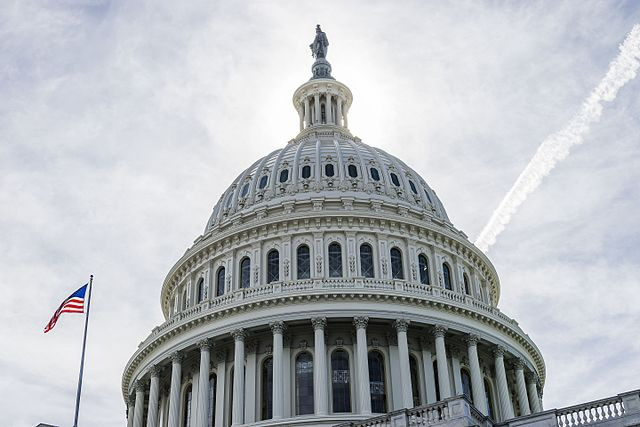The House of Representatives on Friday narrowly passed a Republican-backed stopgap bill to keep the federal government funded through Nov. 21, escalating a high-stakes clash with Senate Democrats just days before the Sept. 30 shutdown deadline.
The measure cleared the chamber in a 217-212 vote, with Rep. Jared Golden (D., Maine) breaking ranks to support the bill and two Republicans-Reps. Tim Burchett (R., Tenn.) and Victoria Spartz (R., Ind.)-joining Democrats in opposition. House Speaker Mike Johnson (R., La.) hailed the vote as a victory for fiscal discipline, calling the measure a "totally clean short-term CR" that would give Congress time to finalize a longer-term funding deal.
"This is what my friends on the other side asked for - a clean bill. No partisan riders, no tricks, no things," Rep. Tom Cole (R., Okla.) said on the floor. "You got exactly what you asked for."
The bill now heads to the Democratic-controlled Senate, where Majority Leader Chuck Schumer (D., N.Y.) has already vowed to block it. "Democrats have a different option," Schumer said Thursday, touting a competing Senate measure that would fund the government through Oct. 31 while reversing Medicaid cuts, permanently extending Affordable Care Act subsidies, and restoring funding for public broadcasting.
Schumer accused Republicans of following orders from President Donald Trump to avoid bipartisan talks. "Donald Trump made it clear, don't even bother dealing with the Democrats," Schumer said. "Thune and Johnson listen to Trump. They are not independent actors."
The GOP bill maintains current spending levels and includes $88 million for security upgrades following the assassination of conservative activist Charlie Kirk-$58 million for executive and judicial branch security and $30 million for protecting lawmakers. Johnson said the funding was necessary to reassure the public after the killing. "We're adding additional funding and measures to ensure that everybody is safe and that they can do their job representing the people from back home," he said.
Democrats argue the bill merely preserves "status quo" levels set by Trump-era cuts. House Minority Leader Hakeem Jeffries (D., N.Y.) blasted the measure as "dead on arrival in the United States Senate," accusing Republicans of "refusing to even discuss protecting the health care of the American people."






